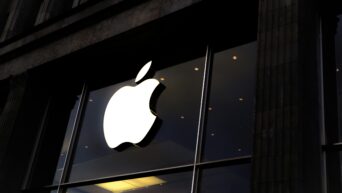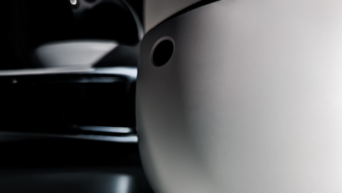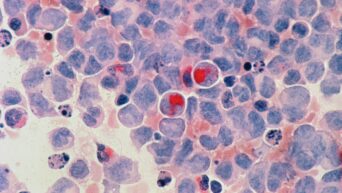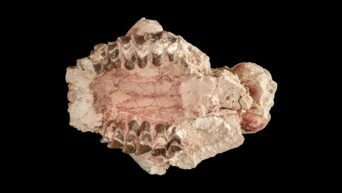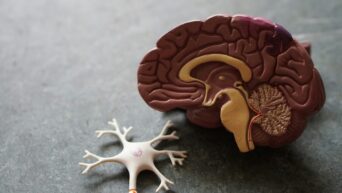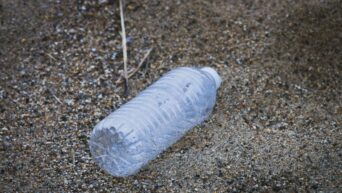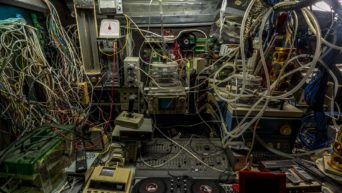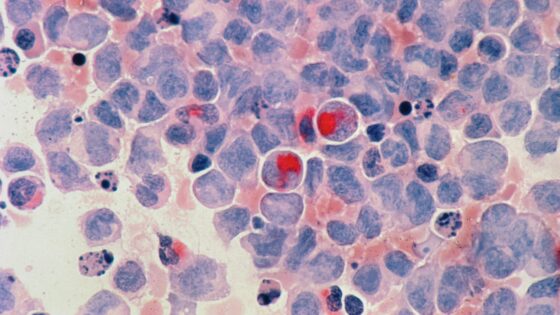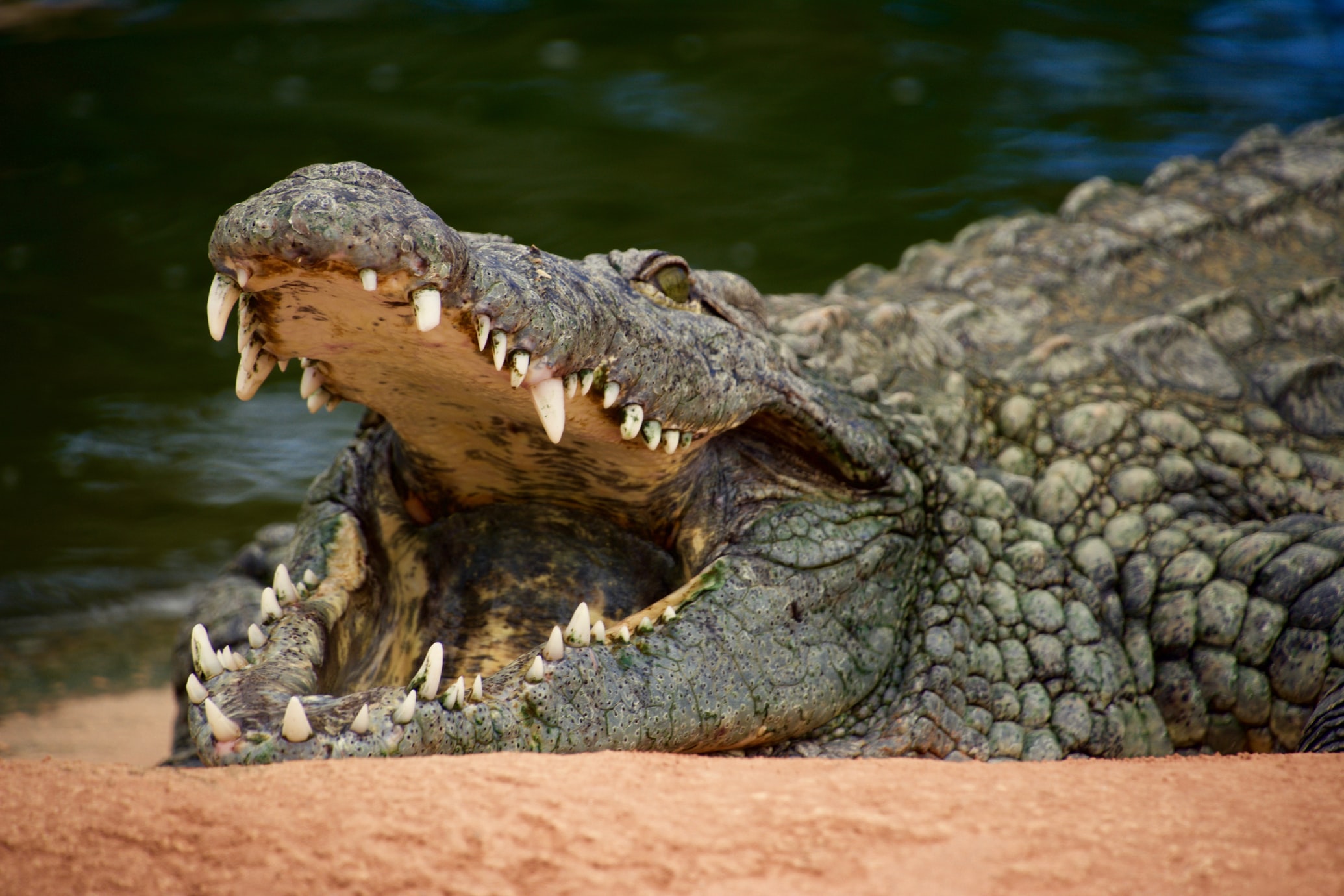
Credit: Unsplash
The remains of a gigantic crocodile were uncovered in Australia.
It’s a well-known fact that the crocodile is one of nature’s perfect predators, because its biological makeup has remained almost entirely unchanged for millions of years. Researchers have previously found evidence of crocodiles living and thriving during the ages of dinosaurs, though based on some new fossils, not even the dinosaurs themselves were safe from the crocodiles’ powerful jaws.
Back in 2010, a set of distinctly crocodilian remains were discovered near the Winton Formation rock bed in eastern Australia. The fossils proved confusing at the time because many of the pieces seemed cracked or broken, implying the creature was attacked in some way. Over a decade later, researchers from the Australian Age of Dinosaurs Museum have solved the puzzle: the cracked pieces didn’t belong to this new crocodile, but instead, they’re the remains of an entirely separate dinosaur that the creature was chowing down on.
This new crocodile species, named Confractosuchus sauroktonos, is believed to have dwelled in freshwater environments during the Cretaceous period, when many of the most commonly-recognized dinosaurs roamed the Earth. The prey is believed to belong to the ornithopod family, a general group of herbivorous dinosaurs.
“While Confractosuchus would not have specialized in eating dinosaurs, it would not have overlooked an easy meal, such as the young ornithopod remains found in its stomach,” research associate Matt White told USA Today.
What makes this discovery so fascinating, besides the whole giant ancient crocodile thing, is the fact that there are actually very tangible examples of ancient crocodiles eating dinosaurs. It’s been theorized for a long time, but this is the first true glimpse we’ve ever gotten.
“It is likely dinosaurs constituted an important resource in the Cretaceous ecological food web,” White said. “Given the lack of comparable global specimens, this prehistoric crocodile and its last meal will continue to provide clues to the relationships and behaviors of animals that inhabited Australia millions of years ago.”





